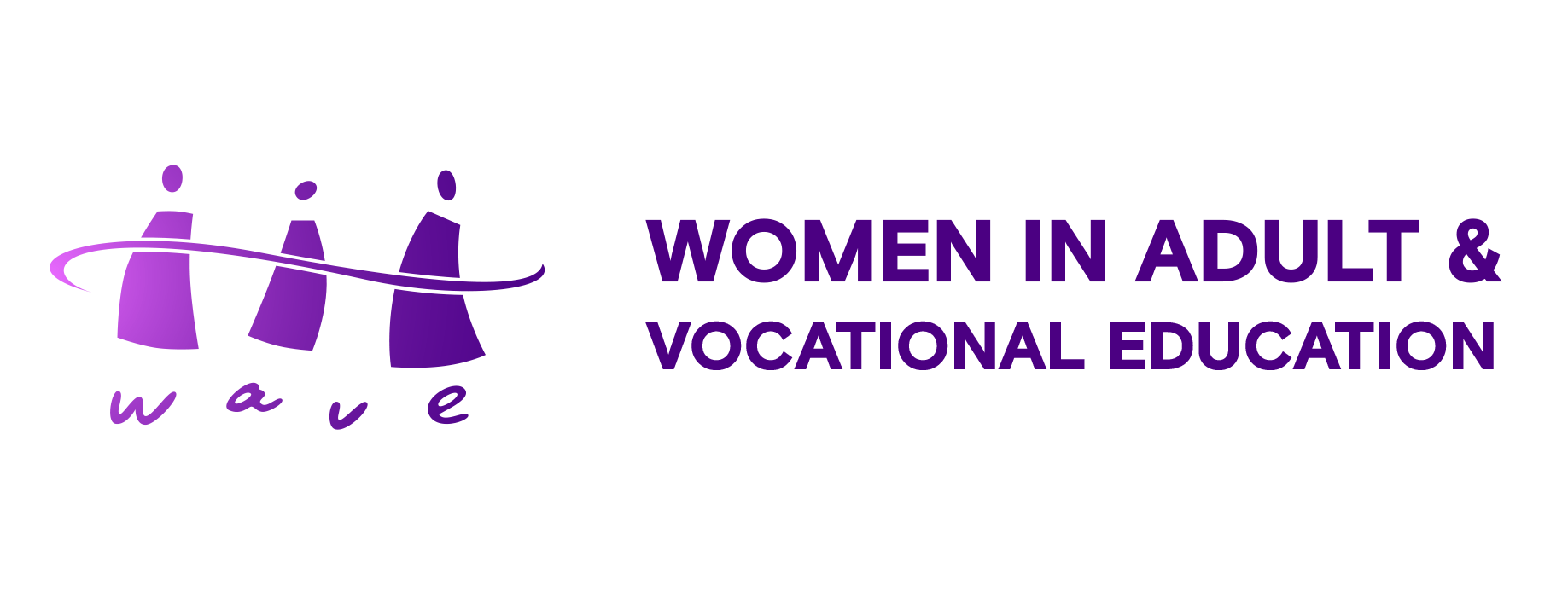
22 Mar Embracing Gender Equity and Intersectional Practice in Adult and Vocational Education
In the dynamic landscape of education, adult and vocational training programs play a critical role in shaping equitable and inclusive societies. Amidst this backdrop, the imperative for gender equity and intersectional practice in adult and vocational education has never been more pronounced. As we delve into the complexities of modern economies and the evolving job market, these educational pathways offer not just skills and knowledge, but the promise of empowerment and social justice for all individuals, irrespective of their gender, race, socioeconomic status, or any other identity marker.
The Significance of Gender Equity in Adult Education
Gender equity in education is foundational to achieving equality across all sectors of society. It involves ensuring that all individuals have equal access to educational opportunities, resources, and support, enabling them to fulfill their potential without discrimination or bias. In the context of adult and vocational education, gender equity is particularly crucial, as these programs often serve as gateways to employment, economic independence, and societal participation.
Adult education programs, which include a wide range of learning opportunities from basic literacy and numeracy to advanced professional development, are essential for those who did not have equitable access to education in their youth or need to update their skills in response to changing economic demands. Vocational education, on the other hand, provides hands-on training and technical skills necessary for specific trades or professions. Both forms of education are pivotal in addressing gender disparities in the workforce and ensuring that women and men can equally benefit from economic growth and development.
Intersectionality: A Critical Lens for Inclusive Education
The concept of intersectionality, introduced by Kimberlé Crenshaw, provides a crucial framework for understanding how various forms of identity and systems of oppression intersect to impact individuals' lives. In the realm of adult and vocational education, adopting an intersectional approach means recognising that learners come with diverse backgrounds and experiences shaped by their gender, race, ethnicity, disability, age, and more. These intersecting identities can affect their access to education, learning experiences, and outcomes.
An intersectional practice in adult and vocational education involves creating inclusive and supportive learning environments that acknowledge and address the unique challenges faced by individuals at the intersection of various identities. It means designing programs that are flexible, accessible, and responsive to the needs of a diverse learner population. This approach not only enhances the effectiveness of educational programs but also fosters a culture of respect, understanding, and empowerment among learners.
Strategies for Promoting Gender Equity and Intersectionality
Implementing gender equity and intersectional practices in adult and vocational education requires a multifaceted strategy. Key components include:
Curriculum Design and Pedagogy
Develop and implement curricula that are inclusive and reflective of diverse perspectives and experiences. This involves integrating gender and intersectionality into the content, employing pedagogical methods that cater to varied learning styles and needs, and challenging stereotypes and biases.
Access and Participation
Ensure equitable access to education for all individuals by removing barriers related to cost, location, timing, and language. This may involve offering scholarships, online learning options, childcare support, and courses in multiple languages.
Teacher Training and Development
Equip educators with the skills and knowledge to adopt gender-sensitive and intersectional teaching practices. This includes training on recognising and addressing biases, creating inclusive classrooms, and supporting learners with diverse needs.
Support Services
Provide comprehensive support services, including career counselling, mentorship programs, and psychological support, tailored to meet the diverse needs of learners. These services can play a critical role in ensuring that all individuals, especially those from marginalised communities, can successfully complete their education and transition into the workforce.
Partnerships and Collaboration
Engage with employers, community organisations, and policymakers to create pathways for employment and advocate for policies that support gender equity and inclusion in education and the workplace.
The Impact of Gender Equity and Intersectional Practice
Adopting gender equity and intersectional practices in adult and vocational education has the potential to transform lives and societies. It can lead to more equitable educational outcomes, increase employment opportunities for marginalised groups, and contribute to the economic empowerment of women and other underrepresented populations. Furthermore, it can help break down stereotypes and biases, promoting a more inclusive and respectful society.
By ensuring that adult and vocational education programs are accessible, inclusive, and responsive to the needs of all learners, we can create a foundation for lifelong learning and success. This not only benefits individuals but also strengthens communities and economies, driving progress towards a more equitable and just world.
Conclusion
As we enter the Global Action Week for Education, the challenges and opportunities in achieving education for all continue to evolve. The importance of gender equity and intersectional practice in adult and vocational education cannot be overstated. As we strive to build inclusive societies where every individual has the opportunity to learn, grow, and contribute, these principles must guide our efforts.
“Education is the most powerful weapon which you can use to change the world.” Nelson Mandela
Through commitment, innovation, and collaboration, we can ensure that adult and vocational education serves as a powerful tool for empowerment and social change, laying the groundwork for a future where equity and inclusion are not just ideals but realities for all.
Debra Parker FAITD (she/her) Experienced leader and lifelong learner.
WAVE is a national network of women involved in VET, adult education and the broad field of work-related education and training. WAVE provides seminars & workshops, research, policy advocacy and advice, as well as networking on an international, national and state basis. We are supported within each state by local representation that in turn contributes collaboratively to national events and governance.
To join WAVE, and contribute to the work we do, visit https://wave.org.au/wave-membership/
Photo by Brooke Cagle on Unsplash


